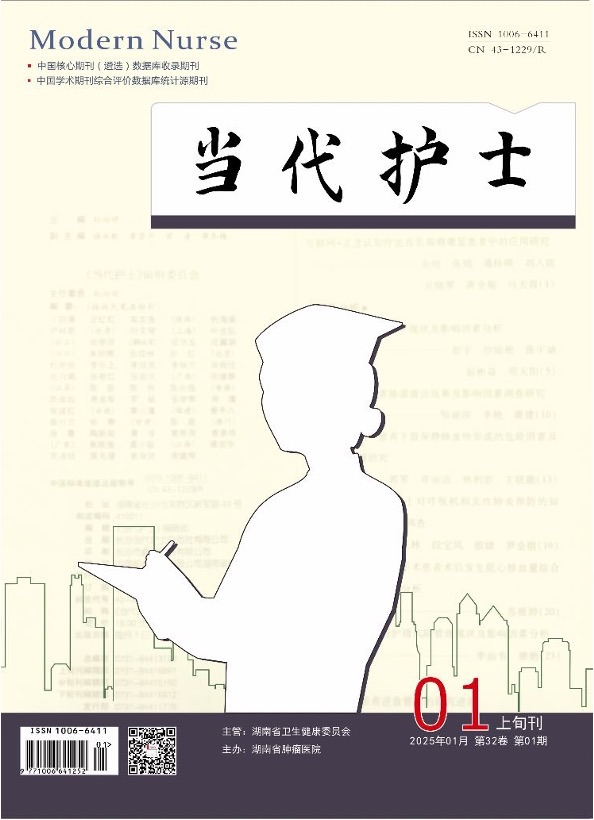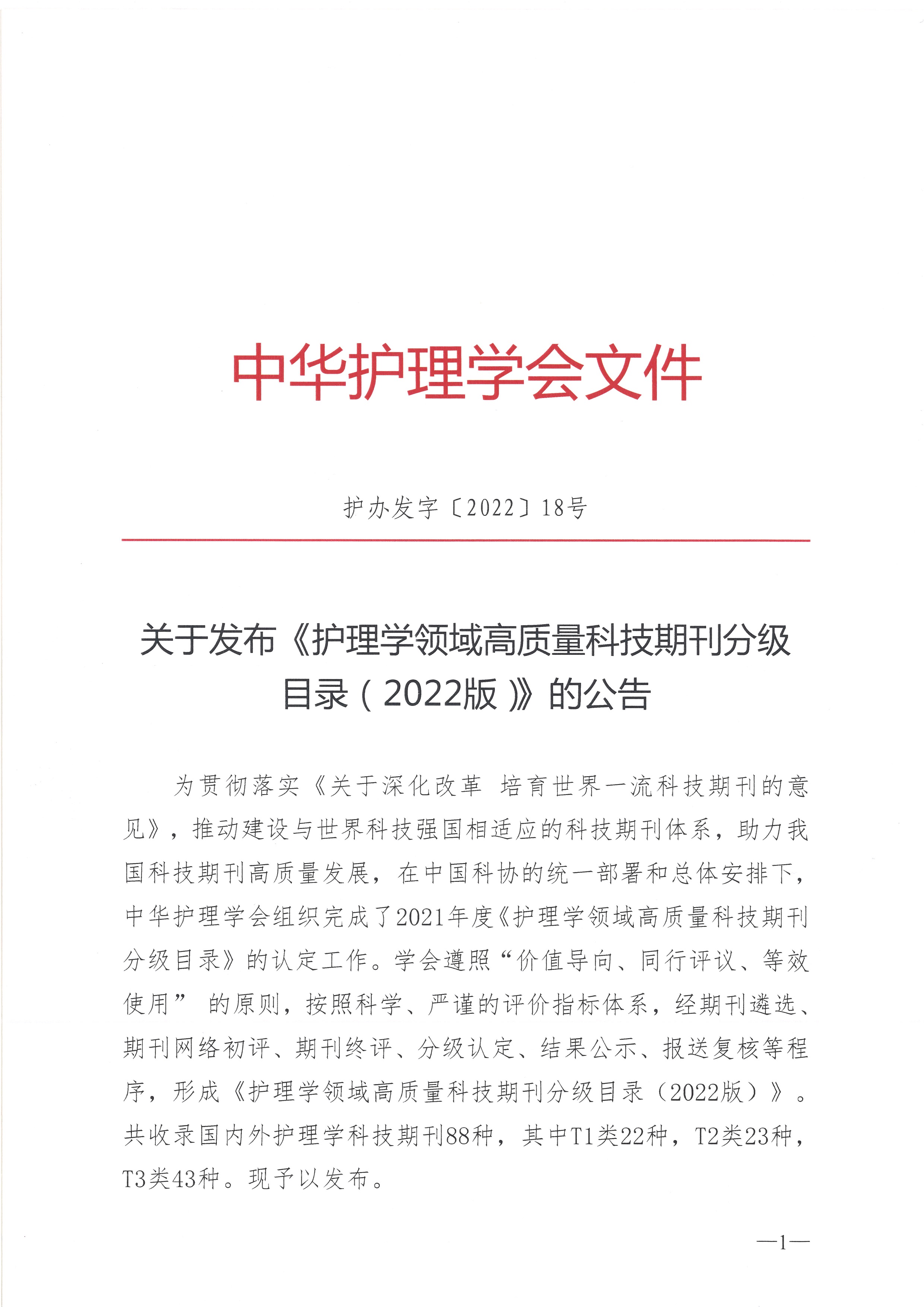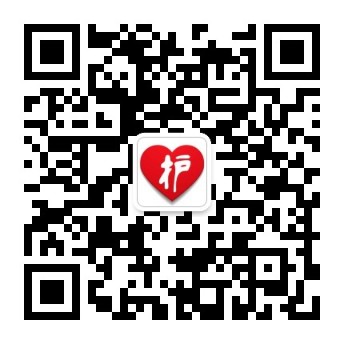慢性疼痛患者的新选择——中医针灸
|
针灸等非药物疗法将成为更多慢性疼痛患者的新选择 据英国医学杂志2016年9月28日报告,长期使用非类固醇类抗炎止痛药(NSAID)可能导致包括心脏病等多种严重副作用。其中,尤其是作用于COX-2靶点的药物,可直接引起心脏损害,FDA已经禁止了一些药品,并要求另一些产品标明警告。 研究者调查了27种NSAID,发现下面9种药对心脏损害风险尤高: 布洛芬(ibuprofen), 萘普生(naproxen), 双氯芬酸(diclofenac), 吲哚美辛(indomethacin), 酮咯酸(ketorolac), 尼美舒利(nimesulide), 吡罗昔康(piroxicam), 昔和罗非昔布(etoricoxib and rofecoxib)。长期服用止痛药的患者可以查一下,你是否躺着中枪了? 这项研究再次说明,使用“低风险”的NSAID止痛药也可能危害健康,而使用高风险的类固醇和吗啡类止痛药副作用会更大,甚至达到了“祸国殃民”的程度,令国会和总统头痛。 因此,非药物止痛药疗法前景广阔,针灸、拔罐、按摩等自然疗法将会成为更多慢性疼痛患者的选择。 俗话说,“扎针拔罐不好也去一半”真可能是一种东方智慧。 下面是报道原文: NSAIDs may increase risk of heart failure, study indicates TIME (9/28, Park) reports research published in BMJ indicated that the use of non-steroidal anti-inflammatory drugs (NSAIDs) may have some “serious side effects, including increased risk of heart events.” TIME reports COX-2 inhibitors “seemed especially risky for the heart, leading to the withdrawal from the market of one medication and a Food and Drug Administration warning on others.” Researchers looked at “27 different types of NSAIDs, including four selective COX-2 inhibitors.” Seven medications “in particular seemed to be linked to more heart problems: ibuprofen, naproxen, diclofenac, indomethacin, ketorolac, nimesulide and piroxicam.” Two COX-2 inhibitors, “etoricoxib and rofecoxib, were also linked to higher risk.” |







